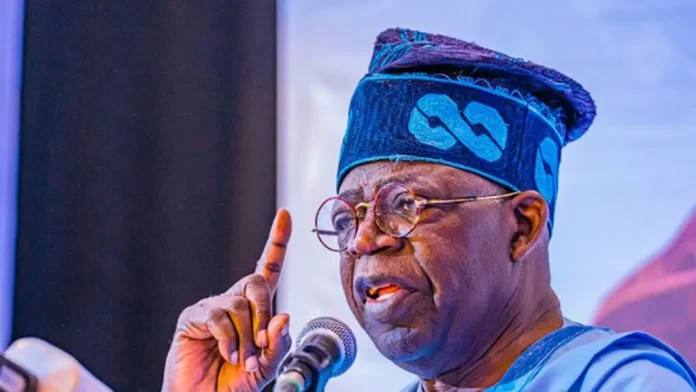President Bola Tinubu’s final decision on the recently proposed N62,000 minimum wage will significantly influence the next steps of the Nigerian Labour Congress (NLC), the union stated Saturday.
The proposal, agreed upon by the Federal Government and the Organised Private Sector, now awaits the President’s approval.
NLC President Joe Ajaero informed The Nation that labour is anticipating the President’s response to the recommendation made during the Tripartite Committee meeting in Abuja on Friday.
READ ALSO: Northern gov faces backlash for renaming road after Seyi Tinubu
Initially, labour rejected the proposal, with Trade Union Congress (TUC) President Festus Osifo asserting that N250,000 is the minimum acceptable wage for workers.
In a separate statement, the NLC criticized state governors for claiming they cannot afford to pay even the previously suggested N60,000 minimum wage, describing their stance as detrimental to the poor.
Imo State Governor Hope Uzodinma and TUC President Osifo confirmed the new N62,000 figure after Friday’s meeting.
Governor Uzodinma stated that the recommendation would be sent to President Tinubu, who would then forward an executive bill on the minimum wage to the National Assembly.
Ajaero mentioned that he expects President Tinubu to consult further on the committee’s recommendation before making a final decision.
He recalled that during the establishment of the current N30,000 minimum wage, a lower figure was initially recommended before the President increased it to the final amount.
Despite the proposal, some state governments remain opposed, accusing the federal government of yielding to labour pressure without thoroughly assessing the feasibility of the new wage.
Meanwhile, an economic experts have voiced concerns over the potential negative impact of the proposed minimum wage on Nigeria’s economy.
Dr. Muda Yusuf, a former Director General at the Lagos Chamber of Commerce and Industry (LCCI), stated that while N62,000 is insufficient given the high cost of living and inflation, the larger issue is the affordability and sustainability of such an increase.
Yusuf pointed out that the public sector workforce is excessively large, leading to redundancy across federal, state, and local government levels. He warned that the significant disparity between labour’s demands and the government’s offer could lead to continued industrial actions, which disrupt the economy.
Yusuf also highlighted that many state governments have claimed they cannot afford even the N60,000 wage, suggesting that uncertainty around wage negotiations will persist, negatively affecting the economy.

























